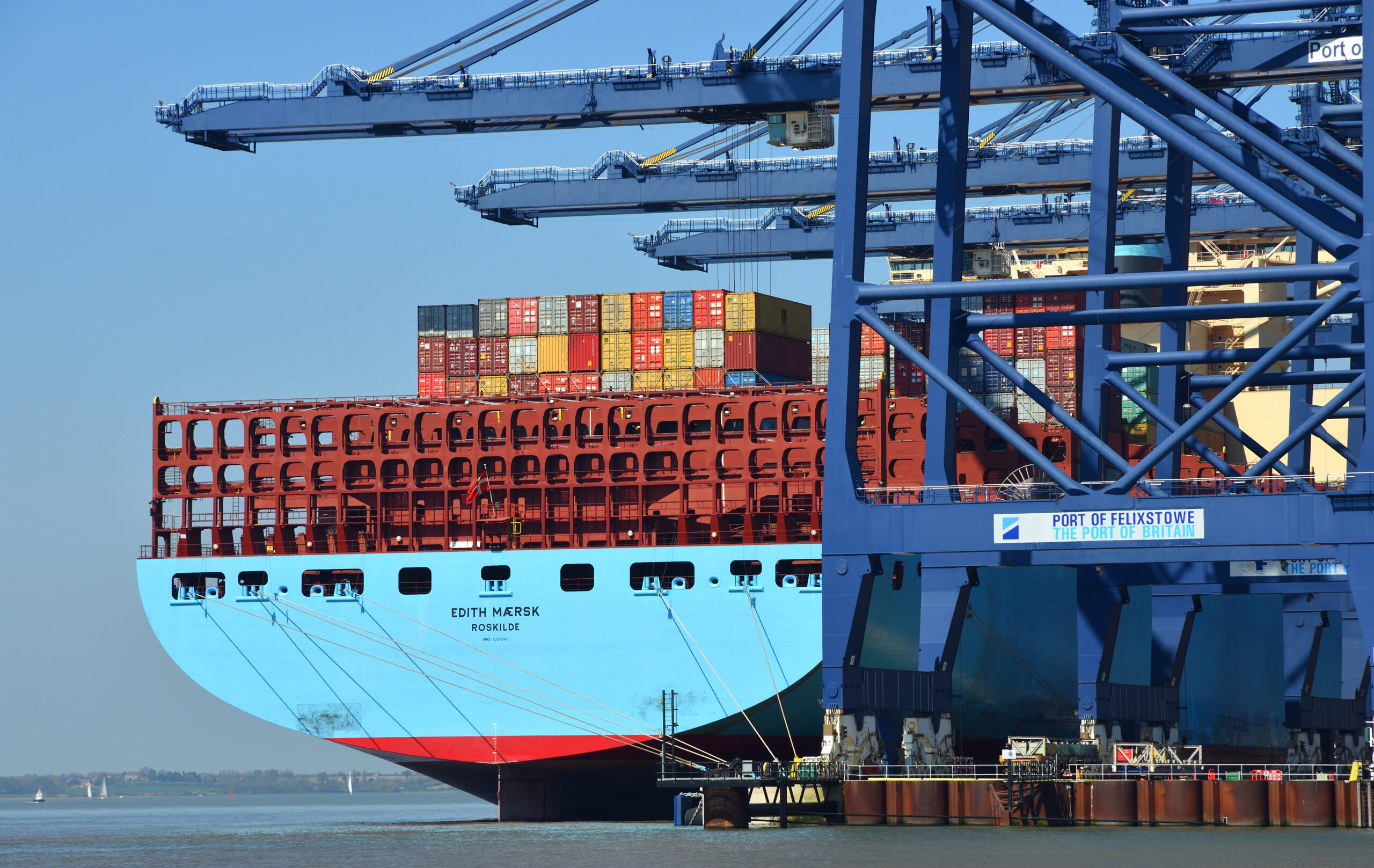The International Chamber of Shipping (ICS) and 47 governments have submitted a major proposal to implement a greenhouse gas (GHG) emissions pricing system for shipping to the International Maritime Organization (IMO).
The joint text, submitted to the final round of IMO negotiations ahead of the Marine Environment Protection Committee (MEPC 83) meeting in April 2025, outlines key proposed amendments to MARPOL (the International Convention for the Prevention of Pollution from Ships).
The new proposal would require shipping companies operating vessels on international voyages to pay an annual levy based on their carbon dioxide equivalent (CO2e) emissions. The funds collected would be deposited into a newly established “IMO GHG Strategy Implementation Fund,” to be overseen by MEPC.
The proposed levy ranges from $18.75 and $150 per tonne of CO2e emitted, with specific rates to be finalised during upcoming IMO discussions.
The primary objectives of the levy include: reducing the cost gap between zero and near-zero (ZNZ) GHG emission fuels (e.g., green methanol, ammonia, hydrogen) and conventional fossil fuels; incentivising the adoption of ZNZ fuels and technologies; and supporting developing countries in their maritime decarbonisation efforts by providing billions of dollars annually for GHG reduction initiatives.
The joint text has received widespread support from major shipping nations, such as Greece, Japan, and Korea; significant flag states, including the Bahamas, Liberia, Marshall Islands, and Panama; the member states of the European Union and the European Commission; African nations, including Kenya and Nigeria; and the Small Island Developing States (SIDS) in the Caribbean and Pacific.
Guy Platten, ICS Secretary General, commented: “The industry fully supports the adoption by IMO of a GHG pricing mechanism for global application to shipping. The joint text put forward by this broad coalition is a pragmatic solution and the most effective way to incentivise a rapid energy transition in shipping to achieve the agreed IMO goal of net zero emissions by or close to 2050.”
“While a large number of governments now support a universal flat rate GHG contribution by ships – or something similar -” he continued, “a minority of governments continue to have concerns. Working in co-operation with all IMO Member States we will do our best to allay such concerns during the final stages of these critical negotiations about the regulatory text.”
Ambassador Albon Ishoda, Marshall Islands’ Special Envoy for Maritime Decarbonisation, highlighted the significance of the levy: “This is not just an effective mechanism for reducing emissions but a vital tool to level the playing field, enabling the most vulnerable to thrive in a rapidly changing world.”
The proposal will be reviewed during two critical IMO sessions: the Intersessional Working Group (ISWG-GHG 18) on the Reduction of GHG Emissions from Ships, which is scheduled for February 2025, followed by MEPC 83 in April 2025. If approved, the MARPOL amendments are expected to come into force globally in early 2027, with the collection of annual GHG contributions from ships starting in 2028.



